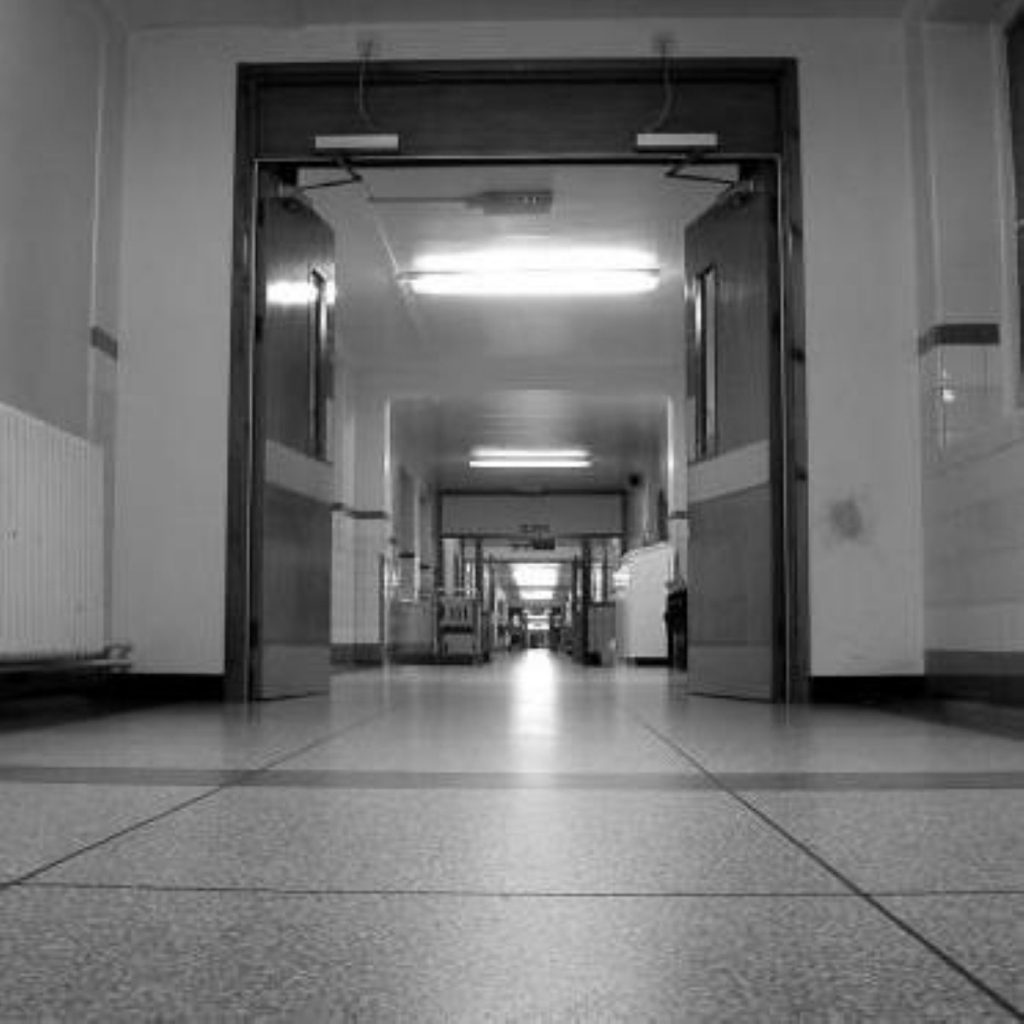NHS winter waiting times improve
NHS hospitals in England recorded the shortest trolley wait in recent years this winter.
Despite huge pressures on casualty departments, the government’s emergency care tsar, Sir George Alberti, announced that the proportion of patients waiting more than four hours fell from 20 per cent the previous winter to less than ten per cent during winter 2003.
Sir George, a former president of the Royal College of Physicians, said nearly 500,000 more patients attended A&E departments this winter than last.
He attributed the fall in waiting times to a drop in cases of flu, largely as a result in increasing uptake of flu jabs among pensioners, and new measures to treat patients with minor injuries when they arrived at A&E.


Health secretary John Reid has thanked the 71 per cent of pensioners who had a flu jab this winter, the highest ever take-up of the free flu vaccination.
The proportion of patients seeing a GP or primary care professional within two working days increased from 75 per cent in March 2002 to 96 per cent, while 109 faced a 12-hour wait for hospital admission, compared to 1,184 during the same period last year.
Sir George said in his report: “This winter has been a success story for the NHS. Through the extra investment the government is putting into the NHS and with new and more effective ways of working, we are managing the winter pressures much more effectively.”
Dr Reid welcomed the report, commenting: “Not only have the improvements we have made over the last couple of years been sustained, they are being surpassed in many places. It’s the dedication and commitment of staff that are producing these results and better services for patients.
“With increased capacity and investment, I hope we are moving from a situation where winter was a special event, to one where it is handled smoothly as part of everyday business in the NHS.”
A report out today by Dr Roger Boyle, the senior doctor in charge of tackling heart disease, shows that cardiac services have improved delivery to patients, with the average waiting time for heart surgery now less than four months.
However, the latest NHS figures also showed that the number of operations cancelled for non-clinical reasons increased marginally in the last three months of 2003.
The Liberal Democrat health spokesman, Paul Burstow, said ministers risked being complacent about the NHS when reform was still needed.
“It is a tribute to the hard work of frontline staff that the NHS has had a good record this winter. But there is still much more to do,” he said.
“People still wait too long for their operations, more operations are cancelled now than when Labour came to power, and there are still fewer hospital beds than under the Tories. Ministers risk being too complacent when reform is still needed.”
The BBC is broadcasting a series of programmes about the health service today, under the banner Your NHS: For Better or Worse.

